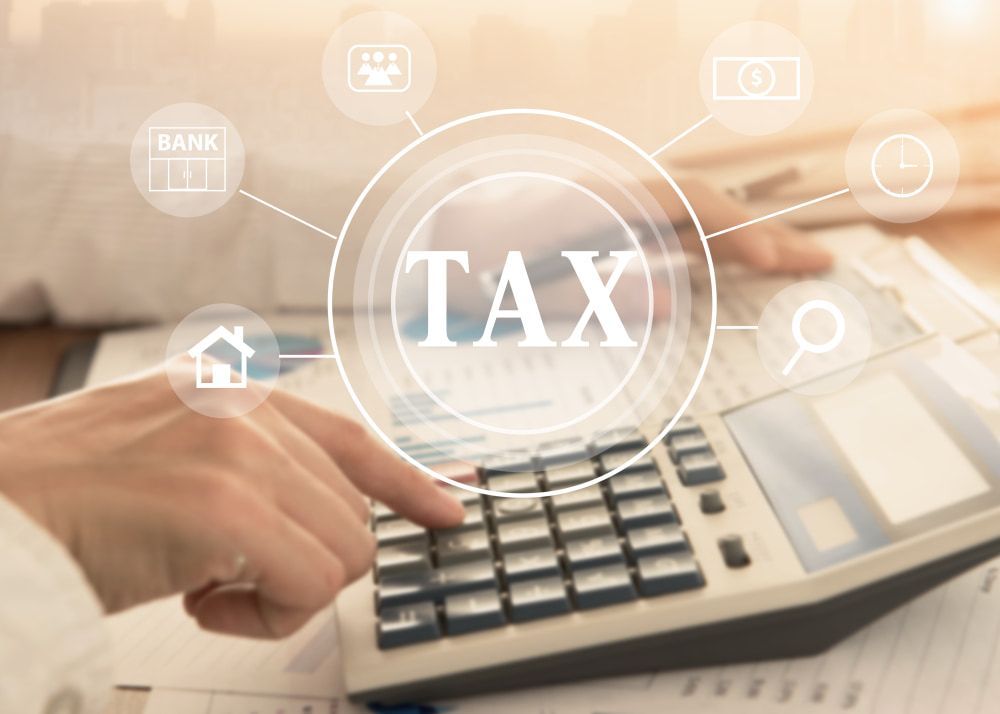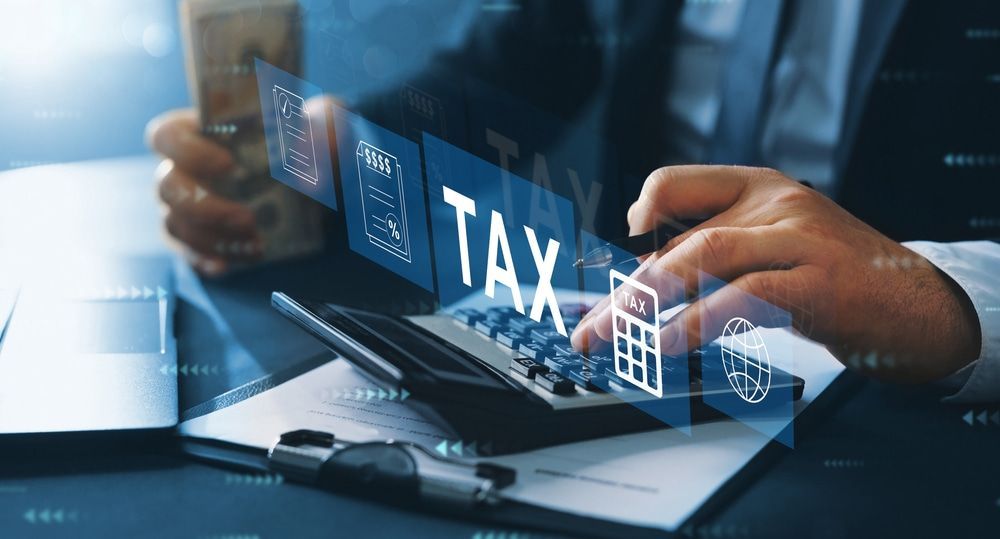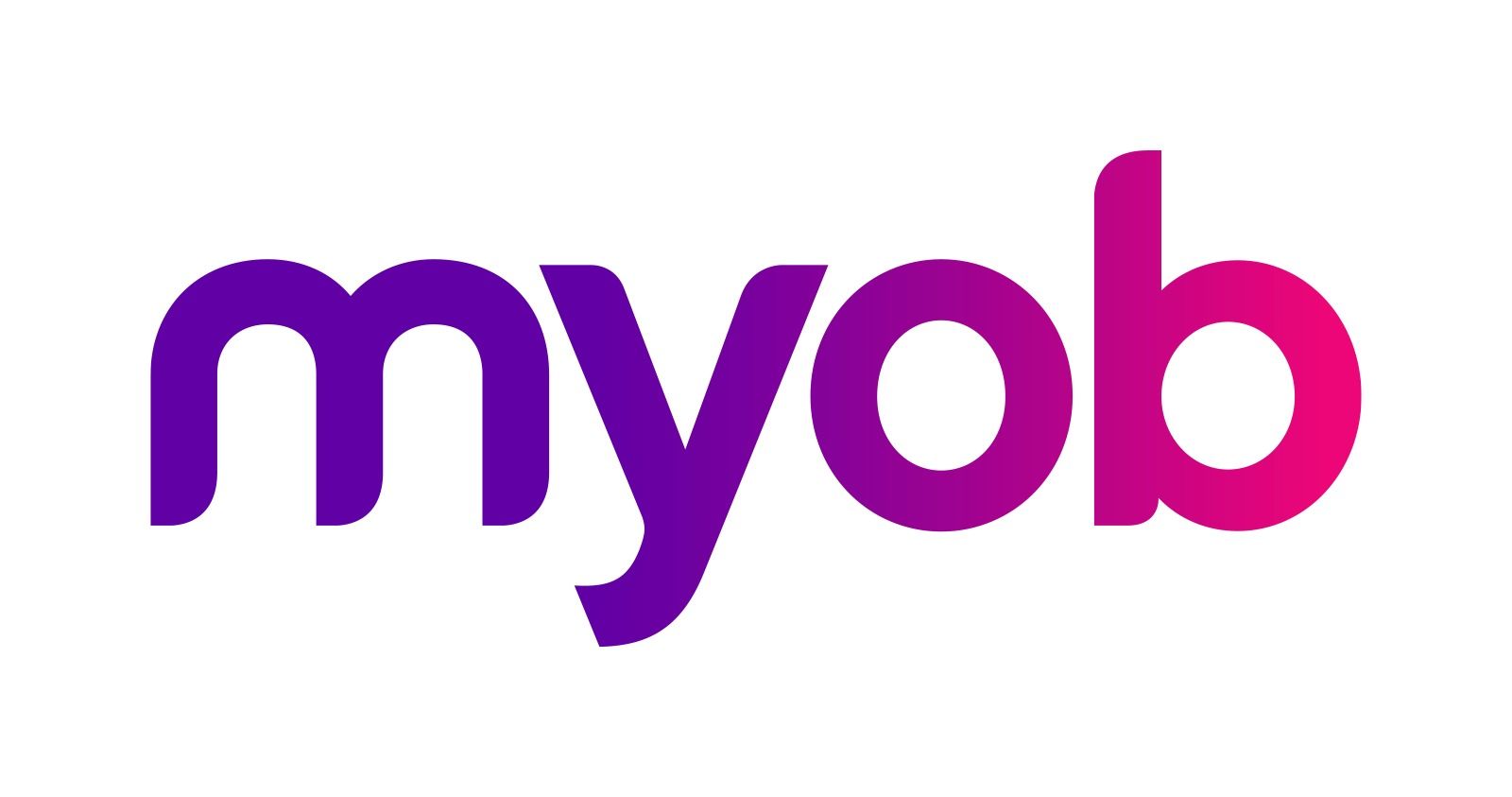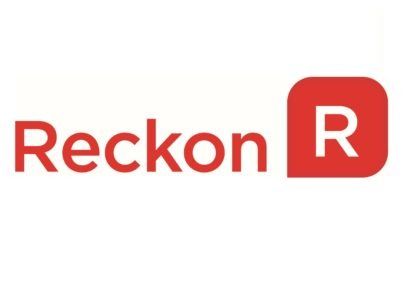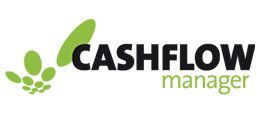Business Accounting Guidance
Contact UsTax & Financial Planning for Startups
Starting a business involves many moving parts, and managing your financial and tax obligations is an important part of the process. Whether you’re launching a local café, starting an online store or working as a contractor in Warrnambool, understanding key accounting principles may help you build a clear and compliant financial foundation.
This guide outlines general information on bookkeeping, tax reporting, budgeting, and business structures for new business owners.
Bookkeeping vs. Accounting: What’s the Difference?
While both are connected, bookkeeping and accounting serve different roles in managing business finances:
- Bookkeeping involves recording day-to-day financial transactions, such as sales, purchases and payroll.
- Accounting involves reviewing and interpreting financial records to assist with reporting obligations, planning and compliance.
Basic bookkeeping software (like Xero or MYOB) may be suitable for small businesses. For more detailed reporting or advice, engaging an accountant can be helpful—particularly at tax time or when navigating complex matters.
Cash vs. Accrual Accounting
Businesses generally choose between cash and accrual accounting methods based on their size and nature.
- Cash accounting records income and expenses when money changes hands. This is often suitable for smaller operations with simple transactions.
- Accrual accounting records income when earned and expenses when incurred, regardless of when payment is received or made. This is required for businesses with turnover above certain thresholds and may give a more accurate financial picture over time.
Selecting a method that suits your business can assist with reporting and cash flow visibility.
Setting Up Payroll & Superannuation
If you employ staff, you’ll need a system that captures wages, tax withheld (PAYG) and superannuation payments.
Some of the key requirements include:
- Recording employee earnings & PAYG amounts withheld
- Ensuring superannuation contributions are made (11% minimum for 2023–24)
- Meeting Single Touch Payroll (STP) reporting requirements with the ATO
- Managing leave entitlements and employee records
Using payroll software can help streamline this process and support compliance.
Business Structures & Tax Rates
Your business structure influences how income is taxed and how the business operates.
- Sole Trader: Income is taxed at personal rates. Simple to set up, often used by individuals and small businesses.
- Company: A separate legal entity. Companies under $50 million turnover are taxed at 25%; those above at 30%.
- Trust: Income is distributed to beneficiaries, who pay tax at their individual rates. Common for family businesses.
Choosing the right structure depends on your goals, size of the business and compliance needs.
Budgeting & Forecasting
Budgeting plays a vital role in business planning. A basic budget may include:
- Estimating fixed costs such as rent, wages & insurance
- Tracking variable costs like materials or advertising
- Projecting income based on previous activity or research
- Planning for tax, superannuation & unexpected expenses
- Reviewing results regularly & adjusting accordingly
Budgeting tools or templates can help keep you organised as your business grows.
GST & Business Activity Statements (BAS)
If your annual turnover exceeds $75,000, you are generally required to register for GST. This involves:
- Charging 10% GST on taxable sales
- Claiming GST credits on business expenses
- Lodging Business Activity Statements (BAS)—either quarterly or monthly
Keeping records and setting funds aside for BAS obligations can support smoother cash flow management.
Depreciation & Business Deductions
Business assets such as equipment or vehicles may be depreciated over time or, in some cases, claimed immediately under current tax guidelines.
Maintaining a fixed asset register can help keep track of assets, depreciation rates and dates of acquisition for reporting purposes.
For more information on business accounting in Warrnambool, contact Pola & Co on
(03) 5561 2992.

